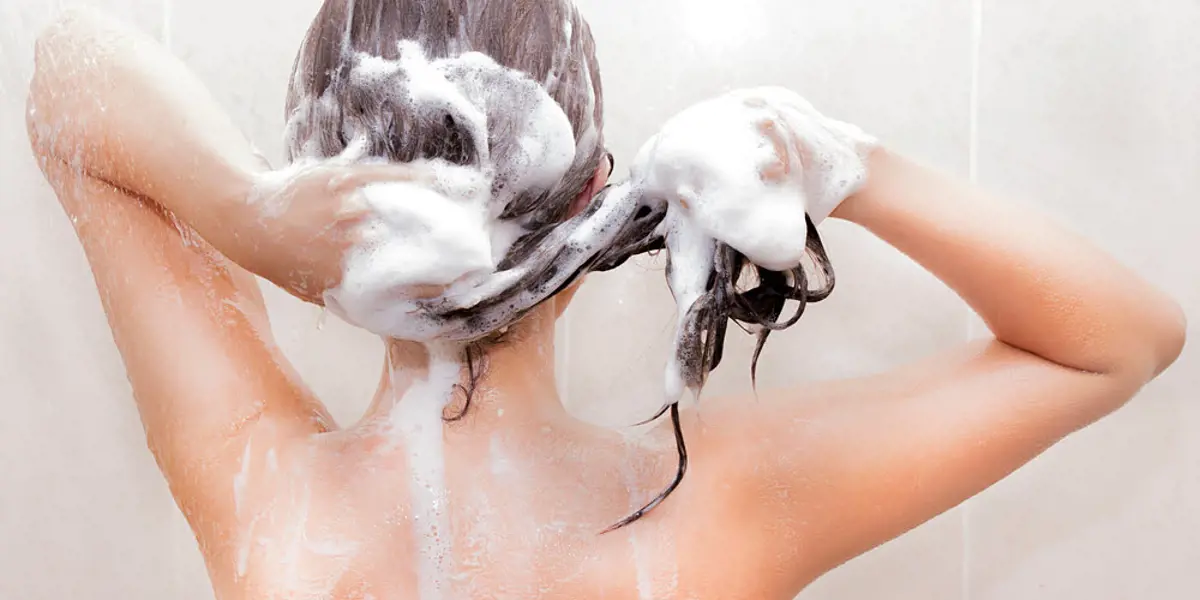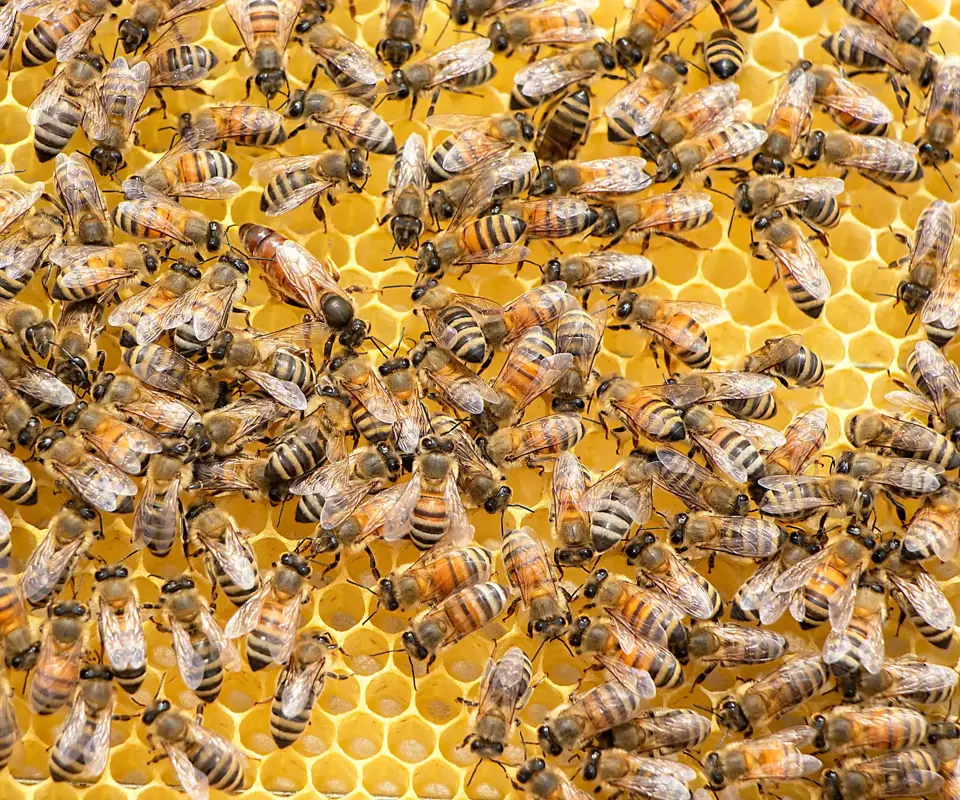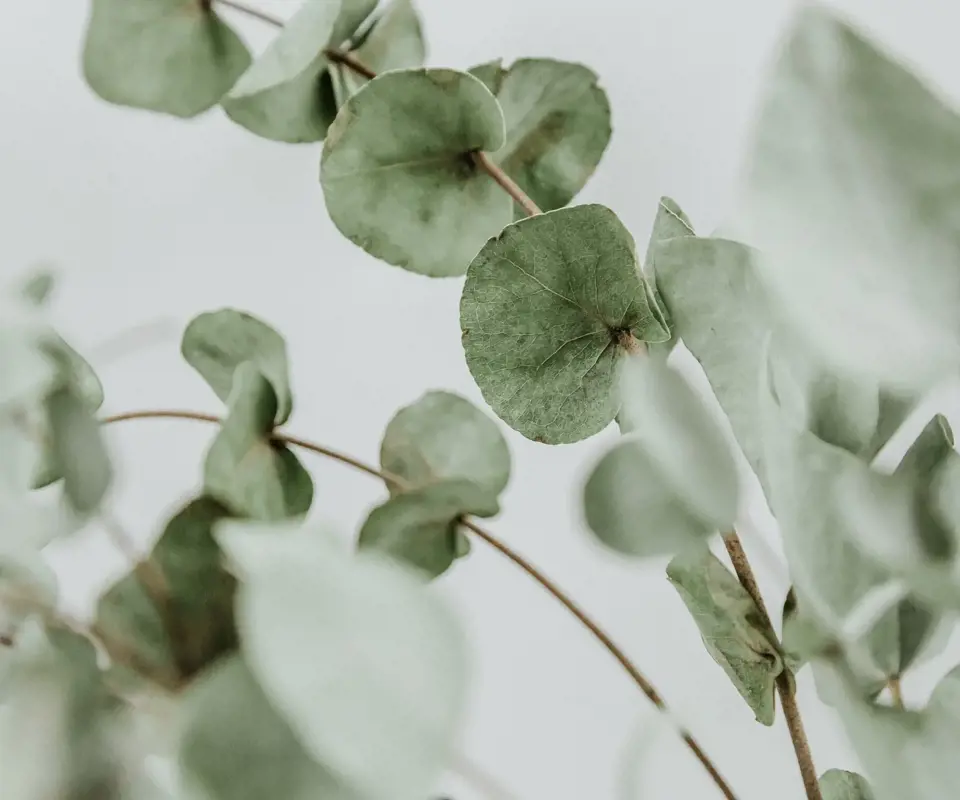HYDRATING ANTIBACTERIAL SHAMPOO: WHAT IT IS AND HOW IT WORKS
It took people COVID-19 and a global pandemic to realize how often we unconsciously touch our face spreading germs all over the place. But what about hair? People probably touch their hair even more than their faces, so what does this mean for hair care brands? The opportunity to develop a new hair care product: hydrating antibacterial shampoo.

People have slowly but surely started to pay more and more attention to scalp health lately. Yet, touching one’s hair - whether it’s an unconscious twirling or a quick scalp scratch - it’s something they are still very little aware of.
When in fact, this habit should stop just as much as face touching, especially now that there’s a pandemic going on. Spreading bacteria from your hands to your scalp, can cause redness, dandruff, itchiness and irritation, which is why touching hair and scalp with dirty hands should be a no-no altogether, but we know how hard that is.
So, how can hair care brands help with that? By developing protective hydrating antibacterial shampoos in partnership with a private label hair care manufacturer.
You have an idea for your cosmetic line or already have one in place and want to make sure it checks out all the boxes?
Download your FREE presentation
It will guide you through the entire process, quick and easy!
What is hydrating antibacterial shampoo?
Antibacterial shampoo is a type of hair detergent that contains chemicals and/or natural ingredients that help kill bacteria and maintain a clean hydrated and healthy scalp.
Antibacterial shampoos are infused with proven sanitizing ingredients that help mitigate the overproduction of certain bacteria and fungi on the scalp and strands that can cause issues like dandruff, redness and irritation.
What are the best sanitizing agents for antibacterial shampoo?
When it comes to antibacterial agents, you have different options in front of you: depending on the identity and mission of your brand, you can decide to either go for chemical or natural ingredients, or a mix of the both of them.
Here is a list of the most common and well known sanitizing agents - both natural and chemical - used for manufacturing antibacterial shampoo.
TEA TREE OIL
Tea tree oil is distilled from the leaves of the Melaleuca alternifolia plant, typically found in Australia, and it possesses antibacterial, anti-inflammatory and antifungal natural properties.
HONEY

Research has shown that honey - and specifically some types of honeys, like chestnut honey - effectively counteracts the action of bacteria resistant to antibiotics, killing unwanted bacteria and fungi. Honey naturally contains hydrogen peroxide, an effective antiseptic.
CINNAMON ESSENTIAL OIL
The distinctive smell and flavour of cinnamon comes from the essential oil contained in the bark, called cinnamaldehyde, which displays anti-bacterial and anti-fungal properties.
EUCALYPTUS ESSENTIAL OIL

The Australian aborigines used eucalyptus leaves to treat wounds and prevent infection. Today, eucalyptus essential oil can still be used on the scalp to fight inflammation and promote healing.
SALICYLIC ACID
This active is usually found in acne treating skin care formulas. However, this beta-hydroxy acid can also be used to promote healthy cellular turnover on the scalp.
As you can see, you have many options to choose from when approaching the manufacturing of antibacterial shampoo. We, as private label hair care manufacturers, can help you make the best decision for your brand, accompanying you through every step of the process.
You have an idea for your cosmetic line or already have one in place and want to make sure it checks out all the boxes?
Download your FREE presentation
It will guide you through the entire process, quick and easy!